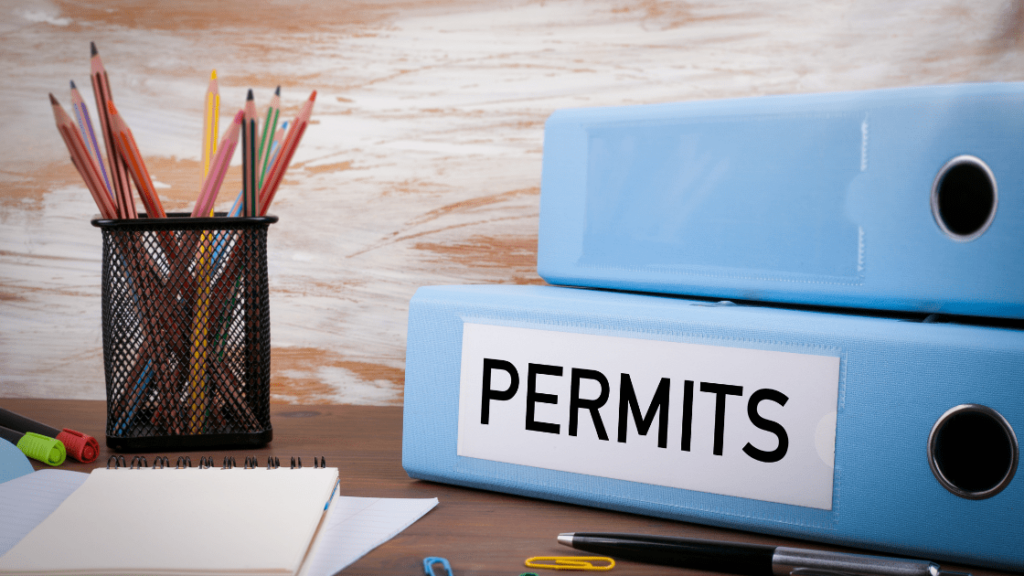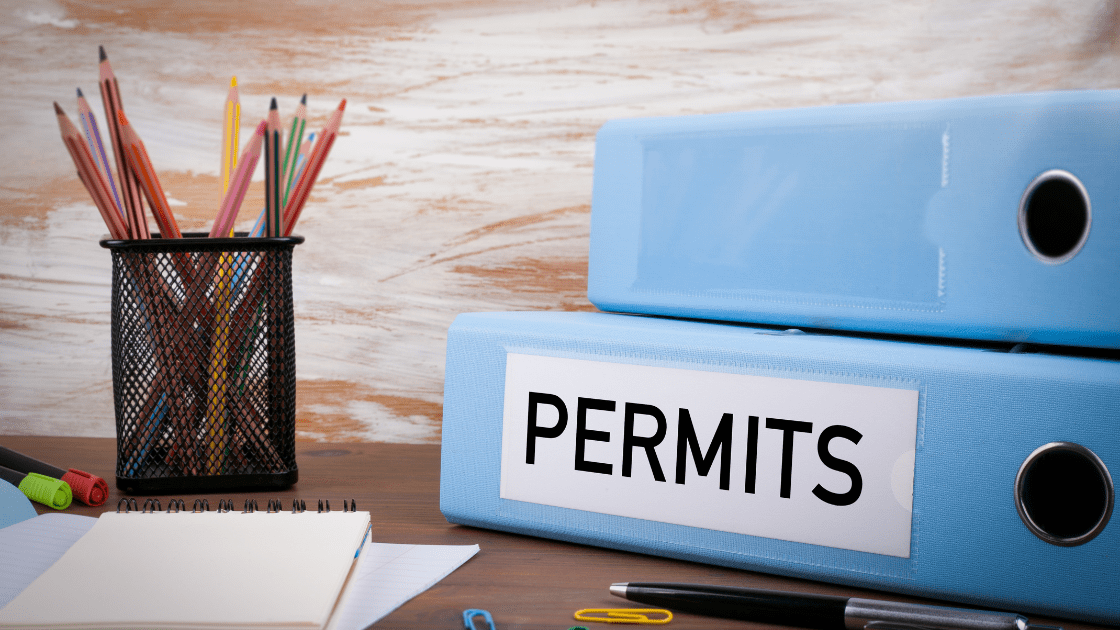
If you find yourself in the challenging situation of needing to sell a house with code violations in Connecticut, you may feel overwhelmed and unsure of how to proceed. It’s important to remember that while these violations can complicate the sale process, there are still options available to you. In this article, we will explore some strategies to help navigate this situation and successfully sell your property.
Before you can consider selling a house with code violations in Connecticut, it’s crucial to understand what these codes are and how they can impact the sale of your property.
What are Home Violation Codes?
Home violation codes or building codes, as they’re often referred, are standards set by local or state governments to ensure properties meet specific safety and structural requirements. These standards can vary from one location to another but generally aim to protect homeowners, residents, and the broader community from potential hazards.
In Connecticut, these regulations can cover a wide range of aspects including:
- Structural integrity: This involves the stability and safety of the overall building structure.
- Electrical systems: The wiring and electrical components need to be safe and up-to-code.
- Plumbing systems: All plumbing fixtures should be functioning properly and without leaks.
- Fire safety: This includes smoke detectors, fire exits, and other fire prevention measures.
How do Code Violations Occur?
A code violation occurs when a property fails to meet one or more of these standards. For instance, if your home’s electrical system hasn’t been updated in decades and doesn’t comply with current regulations, this would constitute a code violation.
Common reasons for code violations include:
- Neglect: Over time, wear and tear on a property can lead to deterioration that results in code violations.
- DIY mistakes: Homeowners who attempt to make renovations or repairs themselves might unknowingly create conditions that violate building codes.
- Outdated structures: Older homes may not meet modern safety standards.
When it comes to selling your house with code violations in Connecticut, it’s important to realize that such issues could potentially deter buyers or drive down your property’s value. However, it doesn’t mean the sale is impossible.
In our next section, we’ll explore some strategies for addressing these violations and successfully navigating the home selling process in Connecticut despite these hurdles.
Can You Sell a House with Code Violations in Connecticut?
If your property in Connecticut has code violations, you might be wondering whether it’s possible to sell it. The answer is yes, you can sell a house with code violations, but there are certain challenges and steps to consider in the process.
Code violations can make the sale process more complicated. Potential buyers might be deterred by the prospect of having to deal with these issues. Additionally, lenders might be hesitant to approve loans for properties with code violations. And even if you find a willing buyer, they might use these problems as leverage to negotiate a lower price.
10 Examples of Most Common Code Violations
Understanding the types of code violations can be critical when preparing your property for sale. Here are eight examples of the most common code violations:
- Improper Electrical Wiring: This is one of the most common and dangerous violations. It includes ungrounded outlets, lack of proper electrical permits, overloaded circuits, or DIY wiring projects done without a professional.
- Plumbing Issues: These can range from minor leaks to major pipe damages. Incorrect installation or use of non-compliant materials can result in significant water damage and code violations.
- Illegal Home Additions: Any additions or alterations to a property without the necessary permits can lead to violations. These include converted garages, attic spaces, or added rooms.
- Roofing Violations: Using improper materials, poor installation, or not maintaining the roof in a good state can lead to roofing code violations.
- Inadequate Smoke Detectors: A home must have functioning smoke detectors installed in specific locations as per local laws to ensure safety.
- Improper Ventilation: Lack of proper ventilation in bathrooms or kitchens could cause moisture build-up leading to mold growth and structural damage.
- Structural Issues: These involve any problems with the foundation, walls, floors, or other structural elements of the house that don’t meet code standards.
- Non-compliant Deck Construction: Decks built without adherence to local building codes are a common violation often due to improper attachment to the house, incorrect spacing or height issues.
- Unsafe Staircases: Staircases should be built with proper measurements, handrails, and treads to prevent accidents. Violations may involve incorrect dimensions, missing handrails, or slippery surfaces.
- Inadequate Insulation: Homes must meet specific insulation requirements to ensure energy efficiency and comfort. Insufficient insulation can lead to increased heating and cooling costs.
Note: If you’re unsure about whether your home has any of these common code violations, consider hiring a professional inspector who specializes in identifying such issues before listing your property for sale.
Sell Your Home Fast
Addressing Code Violations Before Selling: A Comprehensive Guide
If you’ve decided to tackle the code violations before putting your property on the market, there are several key steps you can take to ensure a smoother process. This approach can potentially make your home more attractive to buyers and increase its market value.
1. Hire a Professional Inspector
The initial step involves hiring a professional inspector who specializes in identifying code violations. This expert should have a deep understanding of the current safety and building codes in Connecticut. By conducting a thorough inspection, they will be able to identify all the violations that need to be addressed. This will give you a clear picture of the work that needs to be done and allow you to prioritize accordingly.
2. Get Estimates for Repairs
Once you have the report from your professional inspector outlining what needs fixing, the next step is to obtain estimates for these repairs. To do this:
- Reach out to multiple contractors and provide them with detailed information about the issues identified during the inspection.
- Ask each contractor for a comprehensive quote covering all necessary materials and labor.
3. Make Necessary Repairs
After gathering your estimates, you’ll need to decide which repairs are worth making based on potential return on investment (ROI). Not all repairs will add equal value to your home, so it’s crucial to prioritize.
Consider factors such as:
- The severity of each violation: More serious violations should be addressed first.
- The potential impact on the property’s value: Some improvements can significantly increase your home’s market value.
- The cost of each repair: Weigh the repair cost against its potential return on investment.
- After considering these factors, you can proceed to make the necessary repairs. Remember, the goal is not just to comply with building codes but also to make your home more appealing to potential buyers.
Options to Consider When Selling a Property with Code Violations
Here are some options you can explore if you’re looking to sell a property with code violations:
1. Fix the Violations
Choosing to fix the code violations yourself can be a viable option, especially if you have the resources and time to manage the process. This approach allows you to control the quality of repairs and potentially add more value to your property. Here’s how to go about it:
Hire a Professional Inspector
Start by hiring a professional inspector to assess your property. An inspector will conduct a comprehensive examination of your property and identify any code violations. They will provide a detailed report outlining these issues, providing you with a clear picture of what needs to be addressed.
Get Estimates for Repairs
Once you have an understanding of the violations present, get in touch with various contractors or repair services. Request detailed estimates that cover all necessary materials and labor costs. Ensure that these estimates include timelines for completion so you can plan accordingly.
Make Necessary Repairs Based on Potential Return on Investment (ROI)
After gathering your estimates, you’ll need to decide which repairs are worth making based on potential ROI. Not all repairs will add equal value to your home, so it’s crucial to prioritize. For instance, major repairs like fixing structural issues or updating outdated electrical systems should take precedence over minor cosmetic updates.
Consider factors such as:
- The severity of each violation: More serious violations should be addressed first.
- The potential impact on the property’s value: Some improvements can significantly increase your home’s market value.
- The cost of each repair: Weigh the repair cost against its potential return on investment.
Remember, the ultimate goal is not just to comply with building codes but also to enhance your property’s appeal to prospective buyers. By taking this route, you take full control of the repair process and have better chances of maximizing your profit when selling.
2. Give Credit to Buyers
Another option is to give credit to potential buyers for the cost of repairs. This means you’ll sell the property at a lower price and let the buyers handle the repair process. This can be an attractive option if you’re unable or unwilling to manage the repair process yourself. By offering a credit, you can attract buyers who are looking for a fixer-upper or who have the resources and expertise to tackle repairs. However, keep in mind that this approach may limit your pool of potential buyers as some may not be willing to take on the responsibility of repairs. Additionally, it’s important to accurately calculate the cost of repairs and adjust the selling price accordingly to ensure that the credit offered is fair.
3. Sell to a Reputable Cash Home Buyer
If you want to avoid dealing with repairs altogether, consider selling your property as-is to a reputable cash home buyer. These companies buy properties in any condition and handle all repairs themselves, which can save you significant time and effort.
Remember, each of these options has its pros and cons, and what works best will depend on your specific situation and goals. It’s always a good idea to consult with a real estate professional before making any major decisions about selling your property.
Closing Thoughts
In conclusion, dealing with home code violations can be challenging, especially when you’re trying to sell your property. However, there are several strategies available, such as hiring a professional inspector, getting estimates for repairs, making necessary repairs or offering a credit to buyers.
If the prospect of dealing with repairs seems daunting, an alternative option is selling your property as-is to a reputable cash home buyer. These companies, such as Pavel Buys Houses, handle all the repairs themselves – saving you significant time and effort. It’s crucial to consult with a real estate professional before making any major decisions about selling your property.
Remember, each option has its pros and cons depending on your specific situation and objectives. Contact us today for a no-obligation offer on your property and find out if selling to a cash home buyer is the right solution for you.


